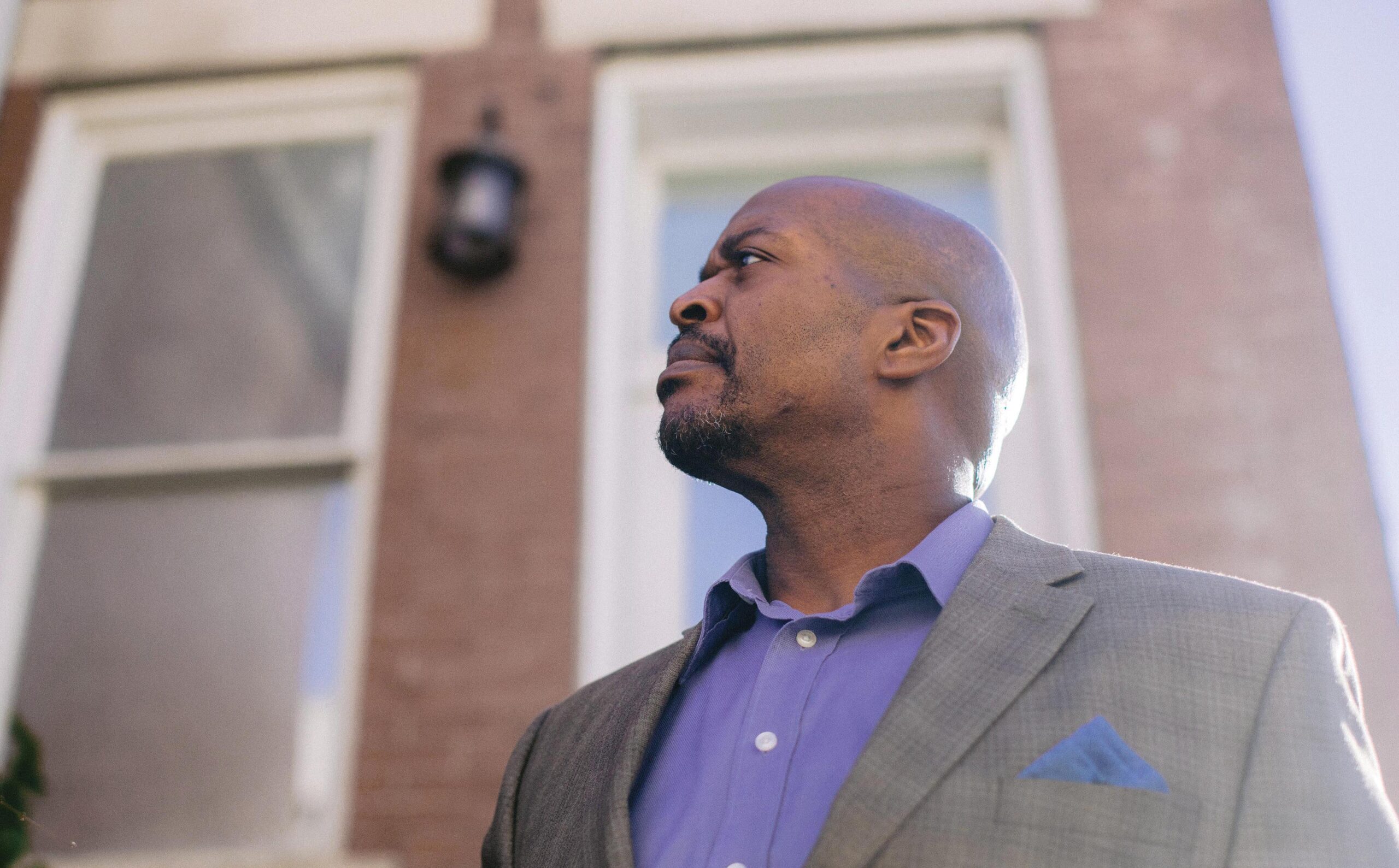For a free and virtuous society, one that unites good intentions and sound economics, substantial interfaith cooperation is a necessity. In finding the intersection of collaboration without the compromise of essential beliefs, we would do well to remember five foundational values. Holding these, we can discover ways forward that do not homogenize philosophical and religious beliefs or hinder missionary efforts germane to some religions. By these we can approach conversations with mutual love and respect, and gain wisdom for helping neighbors and nations flourish.
Freedom of conscience
There is enormous pressure for compromise on conscience, from both religious and secular extremists. For example, some radical religious parties repudiate liberty of conscience, religion, and speech, declaring any negative critiques of their faith as violence toward their adherents. An honest assessment of history reminds us that this first freedom is both precious and fragile, hard-won and in constant peril. Conversionist faiths need not abate their zeal, but they must recognize that religious affiliation is voluntary.
The Williamsburg Charter of 1988, an effort led by Os Guinness and John Seel, addresses this directly:
Religious liberty, freedom of conscience, is a precious, fundamental, and inalienable right. A society is only as just and free as it is respectful of this right for its smallest minorities and least popular communities. Religious liberty is founded on the inviolable dignity of the person. It is not based on science or social usefulness and is not dependent on the shifting moods of majorities and governments.
Interfaith cooperation must embrace pluralistic liberty and protect cultural, philosophical, and religious minorities from persecution and welcome them as equals.
Mutual respect for each person
Our global world opens new avenues of mutual appreciation, economic opportunity, and free exchange of goods and ideas. What can be lost, though, is community identity. For example, how does the tech professional in Nairobi continue connecting with her or his rural tribe? In the West, individuality has often devolved into narcissism and solipsism, with each person inventing not only their identity, but their universe. Finding a balance between individuality and community identity is an ongoing challenge, but the scales are the most even when one respects the other.
According to Buddhist scholar Daisaku Ikeda, “The differences between people need not act as barriers that wound, harm, and drive us apart. Rather, these very differences among cultures and civilizations should be valued as manifestations of the richness of our shared creativity.” Likewise, the extremes of communitarianism must give way to a new vision. And interfaith dialogue — cooperation for the common good — must carefully navigate the rapids between the Scylla of individualism and the Charybdis of groupthink. A rediscovery of one’s cultural and religious community can actually contribute to peacemaking, as clarity about one’s identity and belongingness brings rootedness and security to the conversation.
The integrity of each worldview
People of conscience share much in common today, like a sense of wonder, a commitment to love and respect, and a desire for a better world. But it is an insult to tradition, and to every individual, to attempt to homogenize our deepest convictions with platitudes such as, “We all worship the same God.” The integrity of each calls for clear affirmations of convictions and calls to voluntary conversion.
We do a disservice to every tradition when we call for a soft syncretism. Buddhist and Hindu neighbors see the world differently from monotheists and secular thinkers. The monotheistic faiths differ, and both Christianity and Islam desire converts from other faiths. We do better to respect the differences of every worldview.
One of the salutary developments of modernity from the early 19th century to the present is the proliferation of dialogue, which brought university studies in comparative religions and a greater appreciation for historical narratives that previously were unknown, subsumed under a story written by the victors.
But with these changes has also come a certain homogenization among intellectual elites. For example, this is often seen in the various “Children of Abraham” initiatives that stress the commonalities of Judaism, Christianity, and Islam. And there is much room for cooperation and mutual appreciation. These three faiths do have “differences that make a difference,” according to Os Guinness. Leaving aside conquests and persecutions, the views of God, Jesus, salvation, and even anthropology diverge greatly. These positive developments in perspective are sometimes seen as compromise by people of deep conviction. This need not be the case. Mature thinking can retain conviction while still finding commonality.
As we engage in dialogue and community renewal, a sensitivity to differences and a willingness to hold divergent perspectives in tension is essential.
The possibility of truth
The truth of particular events or considered facts — not competing visions of Truth, that is. In the West, we are in a serious epistemological crisis unlike any moment in history. With some vociferous segments inventing facts, identities, and “my” truths out of whole cloth, we face challenges coming to agreement on prudential wisdom. Or, in the words of Neil DeGrasse Tyson, “If factual information upsets you, then you are creating a world that is not embracing objective truths, and that’s not how you advance a democracy.”
When we truly value truth, we affirm factual matters, collect empirical data, engage in critical thinking, and are open to taking in this new material — and the possibility of changing our minds.
Principled compromise and proximate justice
In our beautiful and broken world, we must aspire to integrity while at the same time learning contentment with progress, not perfection. As a Christian, I hope for every person to voluntarily bow to my Lord and Savior. I am not compromising this fundamental piece of my faith when I work with people of different beliefs toward a more loving and just world. My faith must inform all I do personally as well as my view of justice, which, biblically understood, includes the conditions of human flourishing and community thriving.
Liberty rooted in virtue, which is what we find when we use principled compromise and proximate justice, often takes time, as worldviews are expanded, hard lessons are learned, and disappointments are processed into wisdom. Desiring for all others the freedoms and opportunities we long for ourselves is a starting point. Here are some examples of principled and proximate progress that do not compromise essential pieces of belief but do seek justice in the eyes of many:
- Moving toward balanced budgets and better efficiencies in government
- Transparency in public health concerns
- Protecting the vulnerable from conception to coronation
- Improving access to economic opportunities and educational pathways
- Increasing social mobility for all classes and cultures
Artist and writer Christen Borgen Yates illustrates this well: “We do need an understanding of proximate justice to keep us from utter despair and cynicism, especially when the daily grind of working to bring about the Kingdom wears us out. At the same time, we could use it as a corrective from taking ourselves or our cause too seriously.” Proximate justice and principled compromise will create the conditions for civility and wisdom as hostility gives itself up to hope.
The roads to freedom of conscience and peaceable living with diversity are paved with abject failures and startling successes, but the global aspirations for liberty and opportunity are still strong, in spite of religious and secular forces arrayed against them.
These values inform the best inclinations of your consciences, encapsulate the best thinking of many sages, and empower ethical action in the domains we influence. Our future rests on such inspiration and integrity.





